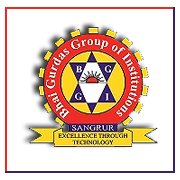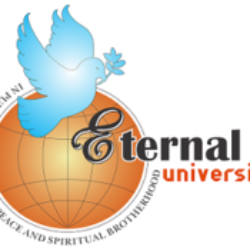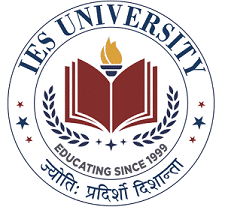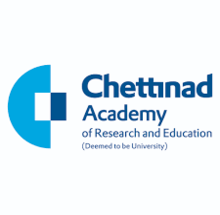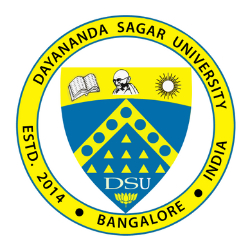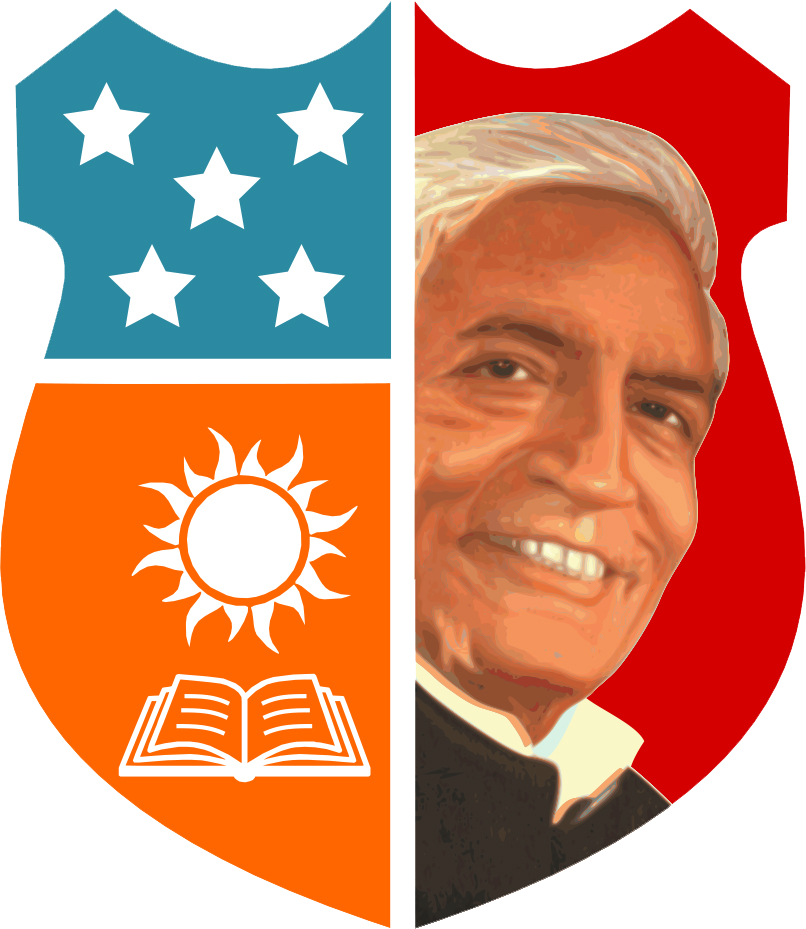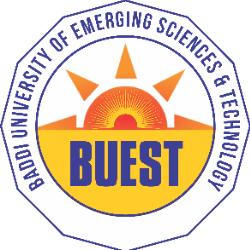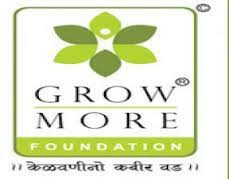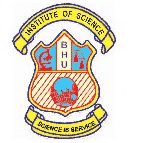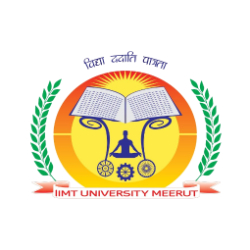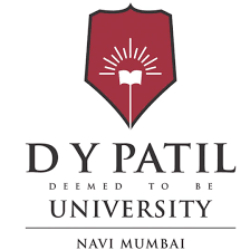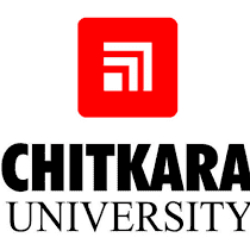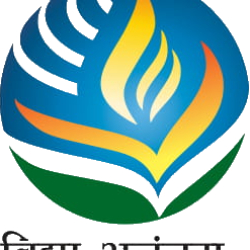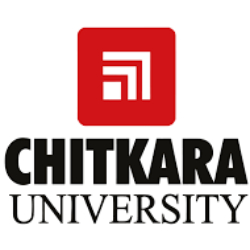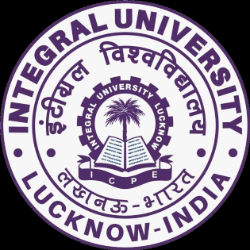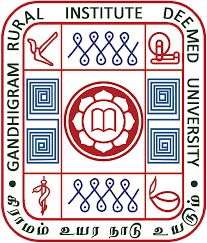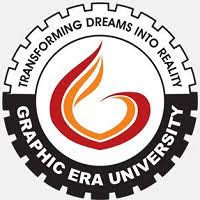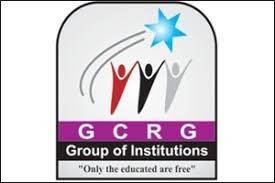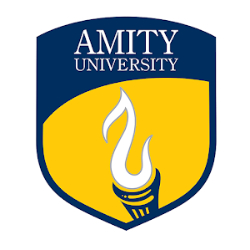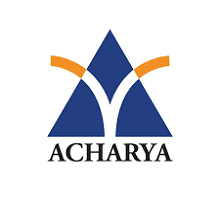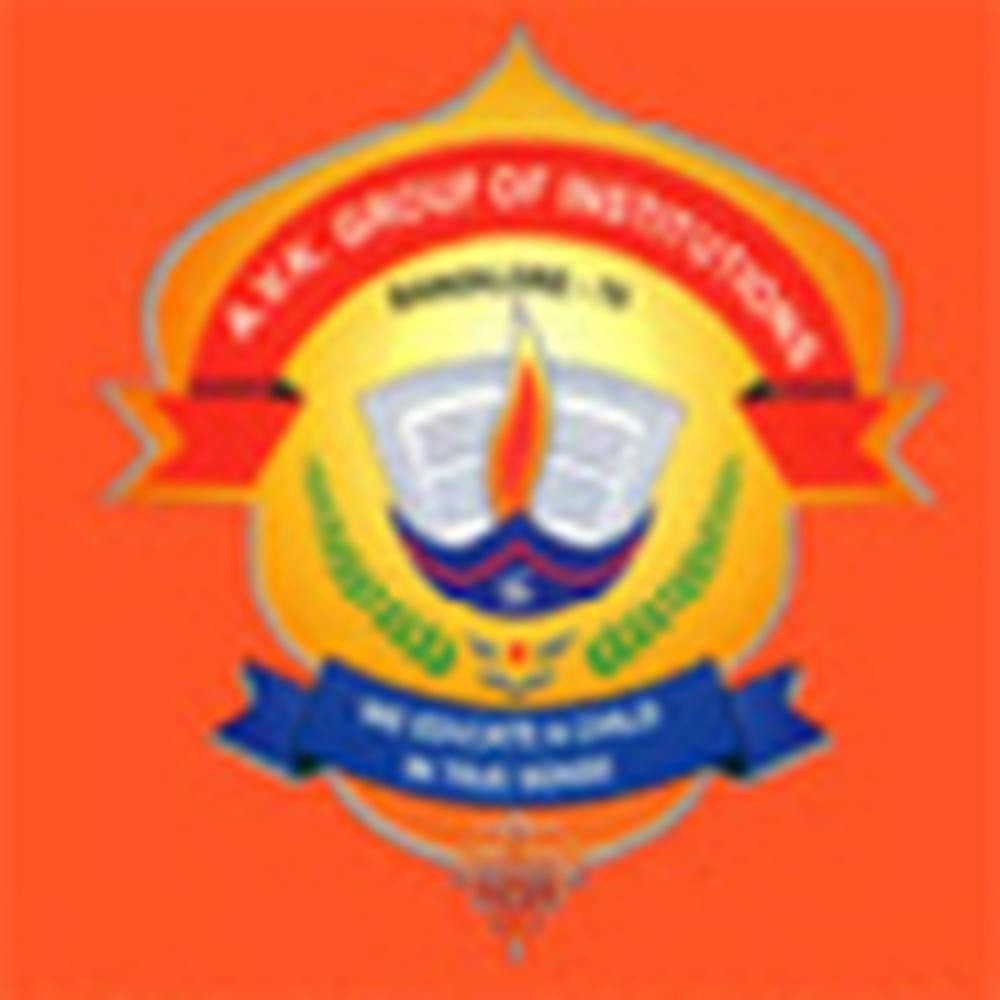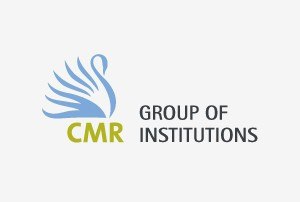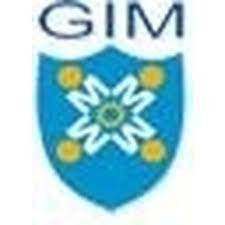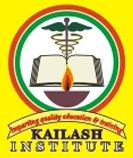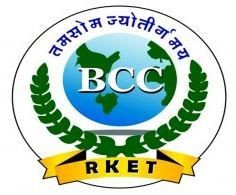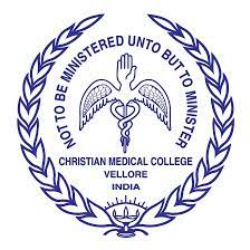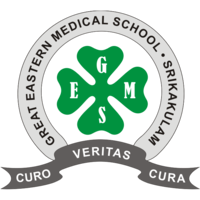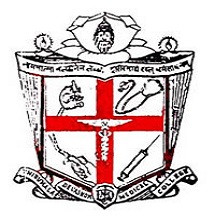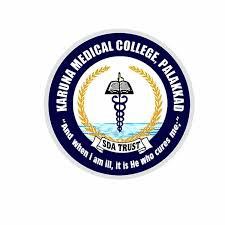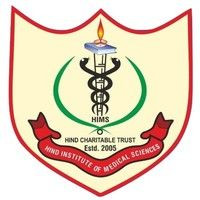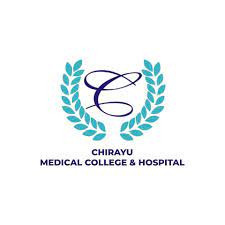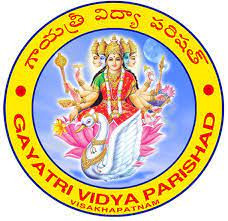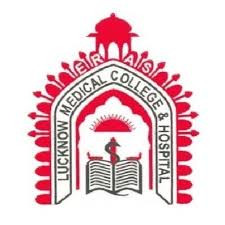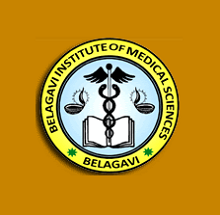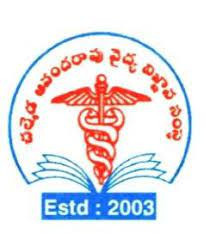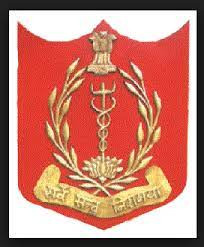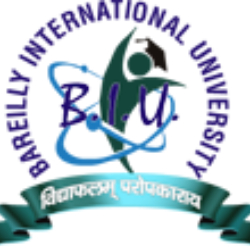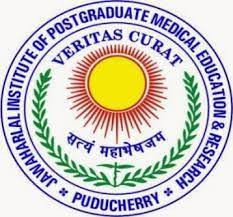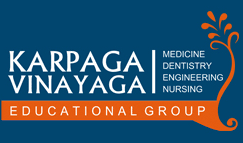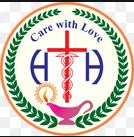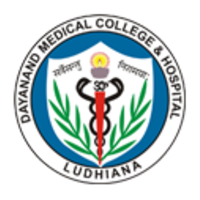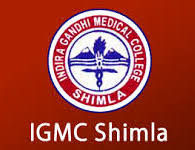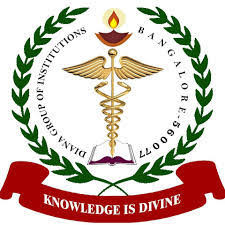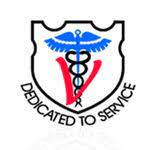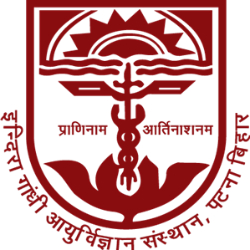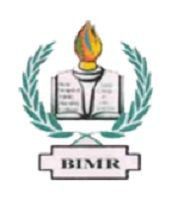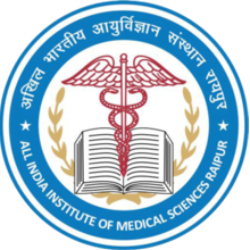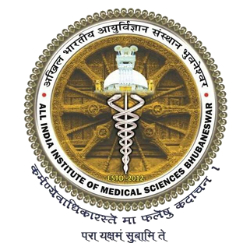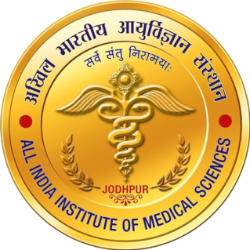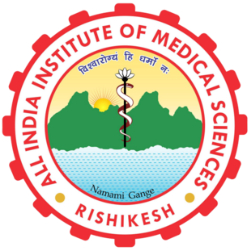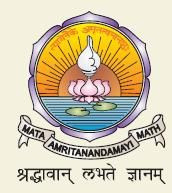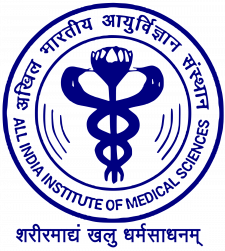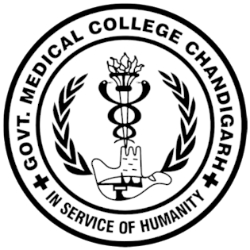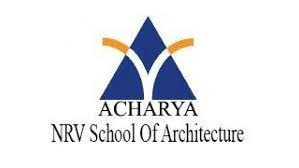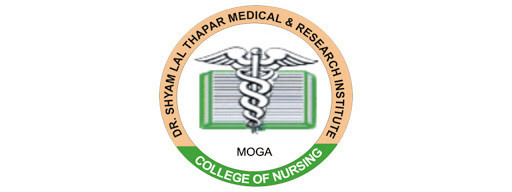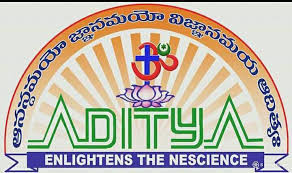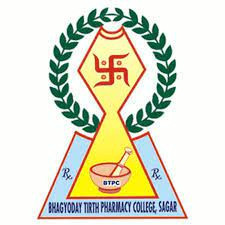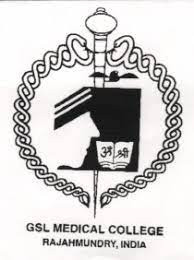Highlights: -
|
Degree Name |
Bachelor of Science |
|
Level |
Undergraduate |
|
Duration of the course |
4 years |
|
Eligibility |
Minimum 50% in 10+2. |
|
Education mode |
Full-time. |
|
Admission Process |
Merit as well as Entrance Exams |
|
Entrance Exams |
NEET, IPU CET, CUET, state CET. |
|
Fees of the course |
Rs 10,000 - Rs 7.00 Lakhs |
Eligibility Criteria: -
- Candidates must have cleared the class 12th with Biology, Chemistry, and Physics or its equivalent from a recognised board.
- Candidates must have secured an aggregate score of 45%- 55% in the qualifying exam.
- Candidates must clear the Entrance Exam.
Syllabus for B.Sc in Nursing:
The B.Sc in Nursing syllabus will vary from college to college, but the course aims and subjects shall remain the same; the subject distribution over the syllabus may differ, but the study matter remains consistent. Nevertheless, candidates should check the official website to know the complete syllabus. Here is a general guide to B.Sc in Nursing syllabus design, as commonly followed by Indian colleges:
|
Semester 1 |
Semester 2 |
|
General Science |
Applied Biochemistry |
|
Communicative English |
Applied Nutrition and dietetics |
|
Applied Anatomy & applied Physiology |
Nursing Foundations II including First Aid module |
|
Applied Sociology & applied Psychology |
Introduction to Community Health Nursing including Health Care Policy & Regulation and Environmental Science |
|
Nursing Foundations I |
Mandatory Module (First Aid) |
|
Semester 3 |
Semester 4 |
|
Applied Microbiology and Infection Control Including Safety |
Pharmacology II |
|
Pharmacology I |
Pathology II & Genetics |
|
Pathology I |
Adult Health Nursing II including Geriatric Nursing with Integrated Pathophysiology |
|
Adult Health (Medical Surgical) Nursing I with Integrated Pathophysiology |
Educational Technology/ Nursing Education |
|
Professionalism, Professional Values & Ethics Including Bioethics |
Mandatory Module (Health Assessment) |
|
Mandatory Module (BCLS) |
|
|
Semester 5 |
Semester 6 |
|
Child Health Nursing I |
Child Health Nursing II |
|
Mental Health Nursing I |
Mental Health Nursing II |
|
Nursing Management & Leadership |
Community Health Nursing I (Including epidemiology) |
|
Nursing Research and Statistics |
Midwifery/ Obstetrics and Gynecology (OBG) Nursing I |
|
Health/Nursing Informatics & technology |
Mandatory Module [Standard treatment protocols used in national health programmes (Part I from NPPHC syllabus draft)] |
|
Introduction to Forensic Nursing & Indian Laws |
NA |
|
Mandatory Modules [PLS/PALS, IMNCI, Essential Newborn Care & Facility Based Newborn Care (FBNBC)] |
NA |
|
Semester 7 |
Semester 8 |
|
Community Health Nursing II |
Internship (Intensive practicum/ Residency posting) |
|
Midwifery/Obstetrics and Gynecology (OBG) Nursing II |
Mandatory Module [ACLS] |
|
Mandatory Module [Standard treatment protocols used in national health programmes] |
NA |
Further studies after B.Sc in Nursing:-
- M.Sc in Nursing
- PG Diploma in Nursing
- Certificate Courses: Critical Care Nursing, Oncology Nursing, Cardiovascular Nursing, Operation Theatre (OT) Nursing, Community Health Nursing.
Employment after B.Sc in Nursing:-
|
Job Profiles |
Average Salary (Lakhs Per Annum) |
|
Nurse |
Rs 3.60 - Rs 8.33 LPA |
|
Staff Nurse |
Rs 4.70 - Rs 11.00 LPA |
|
Registered Nurse |
Rs 5.10 - Rs 11.00 LPA |
|
Neonatal Intensive Care Unit (NICU) Registered Nurse |
Rs 2.90 - Rs 7.30 LPA |
|
Military Nurses |
Rs 4.70 - Rs 11.00 LPA |
|
Supervisors |
Rs 5.10 - Rs 11.00 LPA |
FAQs
- What is the difference between GNM Nursing and B.Sc Nursing?
While both degrees lead to a nursing profession in healthcare, there are notable variations between the two programs. GNM is a 3-year diploma program, whereas BSc Nursing is a full-time undergraduate degree that lasts four years. The GNM syllabus focuses on the fundamentals of nursing and healthcare, whereas the BSc Nursing syllabus is more comprehensive and in-depth. GNM nurses are generally staff nurses, but BSc Nursing graduates have a significantly more extensive range of professional options and opportunities for growth. In addition, they are better rewarded than GNM nurses.
- Do I have to clear NEET to pursue a B.Sc in nursing?
Candidates are not required to take the NEET exam to pursue a B.Sc Nursing degree. The top nursing colleges in India, like AIIMS Delhi and PGIMER, conduct entrance exams to select students. State-level entrance exams are also conducted to choose students for nursing courses in different states.
- Is B.Sc Nursing only for girls?
B.Sc Nursing is a course open to all, regardless of gender. It is a field where anyone with a passion for nursing can pursue their career.
- Which is better: BSc Nursing or B.Sc Post Basic Nursing?
If you're considering a career in nursing, it's essential to understand the differences between BSc Nursing and B.Sc Post Basic Nursing. B.Sc Nursing is a good choice for individuals looking for entry-level education in nursing. It provides a foundation in nursing theory and clinical skills. On the other hand, Post Basic B.Sc Nursing is for nurses looking to advance their education to a bachelor's level and offer skill enhancement in different areas. Understanding these differences can help you make an informed decision about your nursing education.
Other Courses in Nursing: -
B.Sc in Nursing, M.Sc in Nursing, Diploma in Nursing, PG Diploma in Nursing.


